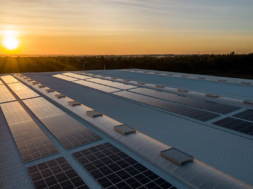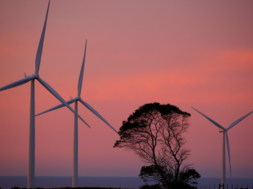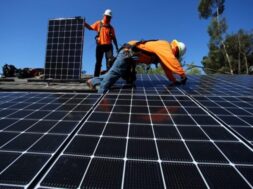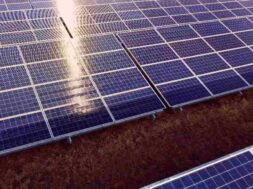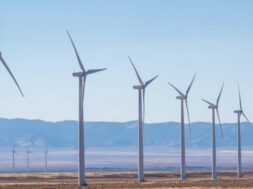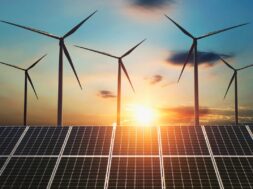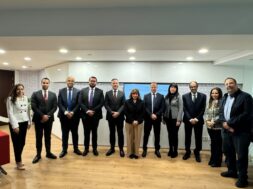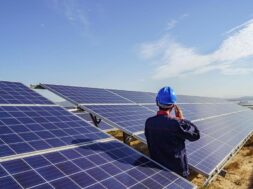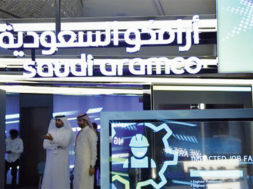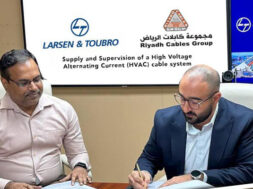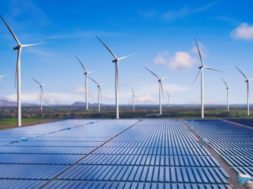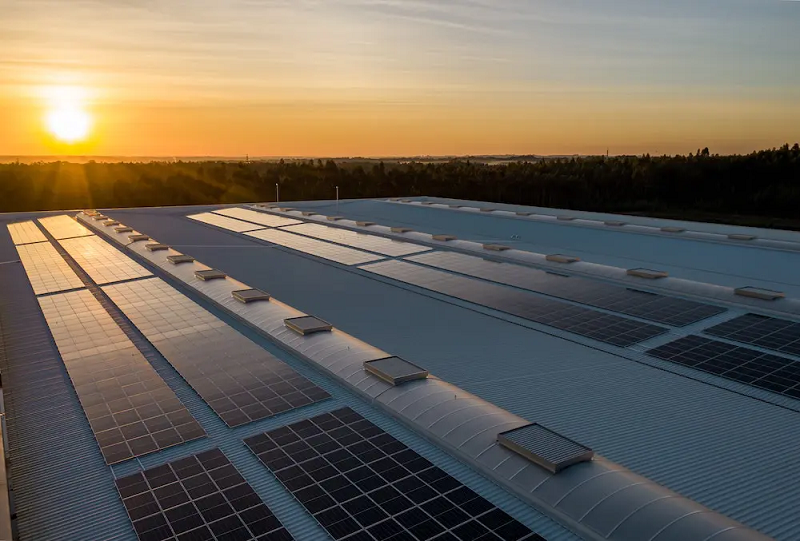
Europe has its eyes set on Africa as its future source of cheap and sustainable energy.
Three recent studies have pointed to the continent, particularly Morocco, as the nearest, cheapest source of green hydrogen, which some call the oil of the future. As a sign of confidence, the EU Commission signed a pact with the country to invest millions in producing the fuel for export from the Mediterranean region to Europe.
In December 2022, The European Investment Bank published a study that claimed Africa is worthy of a 1 trillion-euro investment in green hydrogen.
“The new study combines analysis of investment opportunities, focusing on four hubs: Mauritania, Morocco, southern Africa and Egypt with a roadmap of technical, economic, environmental and financial solutions to unlock commercial development,” a press release indicated .
The study—commissioned jointly by the European Investment Bank, the International Solar Alliance, the African Union, Mauritania’s government, the trade association HyDeal and United Cities and Local Governments of Africa (UCLG Africa)—found that the continent could produce 50 million tons of green hydrogen a year by 2035 at or below €2 per kg, the price considered economically viable.
Green hydrogen could, according to the study, make the continent an international energy powerhouse.
“Africa can secure access to clean and sustainable energy on the continent and become a global energy player through green hydrogen exports,” the report states.
However, reaching the goal will require pilot projects “to show successful green hydrogen generation, storage, distribution and use at both demonstration and commercial scale.”
It will also require the installation of a massive number of solar panels in Africa.
Despite the huge infrastructure required, a study published in January by the energy consultancy Aurora found that in the near future importing green hydrogen will be Europe’s best option for sourcing the ‘clean’ fuel, as it would be cheaper to buy it from other countries than produce it on the continent. Using models from Germany, the study cited Australia, Chile, Morocco, and the United Arab Emirates as the best countries to buy from, even after including transportation costs.
“The levelised cost of producing hydrogen at a representative location in each of these countries in 2030 falls below Germany’s production cost range,” the study found.
It concluded: “Despite additional transport and conditioning costs, imports remain competitive. Importing hydrogen to Germany from Morocco, transported by ship as liquid hydrogen, presents the most competitive option in 2030, costing 4.58 EUR/kgH2.”
Additionally, a January report from the International Renewable Energy Agency cited Morocco as the closest country to Europe that is well-positioned to produce green hydrogen.
“Countries that manage to become major exporters of green hydrogen and derived fuels should also gain geostrategic importance,” IRENA summarises in its report.
Morocco has already taken this advice to heart. It boasts the Noor Ouarzazate solar thermal power plant , considered the largest solar complex in the world. Morocco ranks first on the Germanwatch International Climate Protection Index 2021. The EU has also been an early investor, pumping nearly 700 million euros into ‘renewable’ energy projects in the country.
Having decided to wean itself off both Russian fossil fuels and fossil fuels in general, the EU has had to turn to other sources of energy, making green hydrogen a pillar of its plan.
In 2020, it adopted the hydrogen strategy, but it has always known that it would have to turn to third parties to meet all its energy needs. The REPowerEU strategy, released in 2021 in the wake of war in Ukraine, proposes importing 10 million tons of green hydrogen from “reliable suppliers” by 2030.
On 18 October 2022, Executive Vice President Frans Timmermans visited Rabat to sign the EU-Moroccan Green Partnership.
“We Europeans need neighbours,” Timmermans said at the signing ceremony.
He then admitted Europe’s deeper plans: “We can do a lot on our own, but without the neighbours, we won’t be able to do it. We have neither the demographic potential, nor the human resources potential, nor the potential of the scale required to create the dimensions of renewable energy that we need. So it is in this dimension that I see the relationship, especially with Morocco.
Citing the millions the EU had already invested in the country, Timmermans was blunt about the intention: “We are doing this for Morocco, but also for ourselves—let’s be clear: there is an interest on both sides. You don’t have to hide it.”
